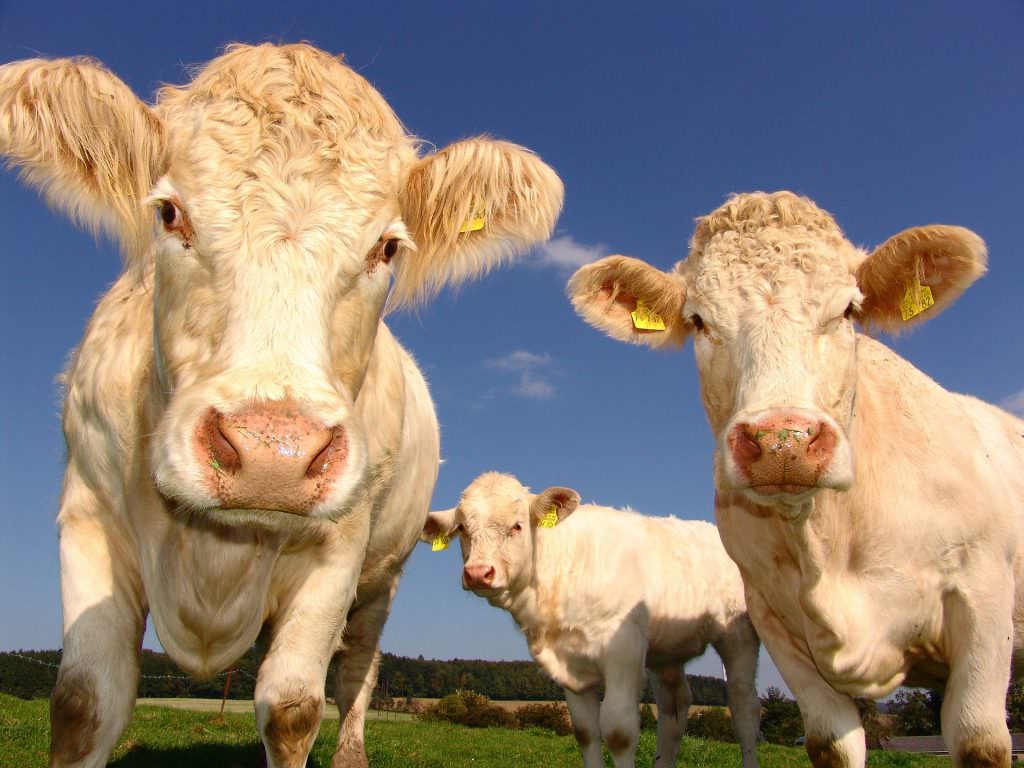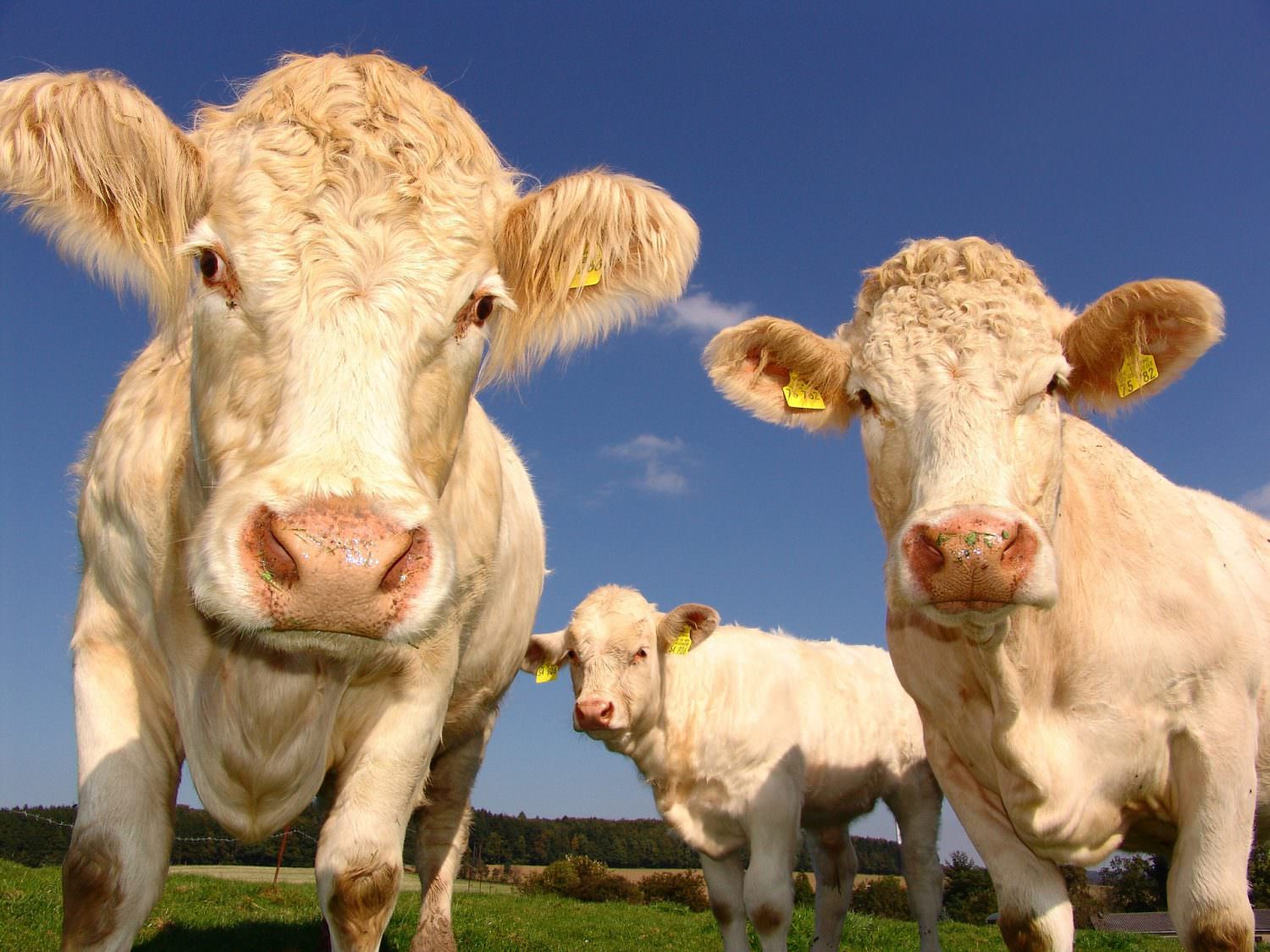Shrewsbury Agricultural & Professional
Mercian House,
9 Darwin Court, Oxon Business Park, Shrewsbury, SY3 5AL
Oswestry Agricultural & Professional
The Estates Office,
23 Church Street, Oswestry, SY11 2SU
Next step into UK agriculture- Innovation funding
4th November 2021

Farming is Changing-
Innovation Funding Service?
In the last few weeks DEFRA have released some more news following their Agriculture Transition Plan (ATP) to help Farmers and Landowners transition through the change and develop their practices/ industries. By offering such a wide range of schemes and grants for which Farmers can access help can create their end goal of making the UK agricultural practice more sustainable contributing to environment, climate change and animal welfare. Specifically focusing on Innovation in this release of government funding DEFRA have released three programmes for which Farmers and agricultural businesses can apply for, these are;
- Farming Innovation Programme- feasibility projects
- Farming Innovation Programme- research starter pilot-EOL
- Farming Innovation Programme- small R & D partnership projects
With the industry conditions being very unpredictable at this current time, the 3 funding schemes available that DEFRA has set out, are to help investigate new solutions that will address major-on-farm/immediate post farm gate challenges and opportunities. They contain a competition to apply for funding to allow for the most relevant schemes to be successful and help develop the UK agricultural industry to its up most potential, helping to significantly improve, productivity, sustainability and environmental impact, progression towards net zero emissions and resilience.
| Summary | Eligibility | Dates | |
| Feasibility projects | DEFRA are working with UKRI to invest £5.5 million on innovation projects. Investigate early-stage solutions that have the potential to substantially improve the overall productivity, sustainability and resilience of farming, and move existing agricultural sectors to net zero Prioritise solutions that will have positive outputs for farmers, growers and foresters in commercially relevant situations Accelerate research and development of new agricultural solutions by actively engaging collaboration with the wider UK research community in the innovation process | Project must: Have total costs between £200,000 and £500,000 Start by 1st May 2022 End by 30th April 2024 Have at least 50% of people involved based in England | Opens- 20th October Closes 1st December 2021, 11am |
| Research starter pilot-EOL | DEFRA are working with UKRI to invest £1 million on innovation projects. Investigate early-stage solutions with the potential to substantially improve overall productivity, sustainability, resilience and move existing agricultural sectors to net zero Prioritise solutions that have positive outputs for farmers, growers or foresters in commercially relevant situations Accelerate development of effective new agricultural solutions by working with end-users and collaborating with the wider UK research community in the innovation process | Project must: Have total costs between £28,000 and £56,000 Start by 1st August 2022 End by 31st July 2023 Have at least 50% of people involved based in England | Opens- 20th October Closes 24th November 2021, 11am Applicants notified- 10th February 2022 |
| Small R & D partnership projects | DEFRA are working with UKRI to invest £11 million on innovation projects. Develop solutions with the potential to improve overall productivity, sustainability, resilience, and move existing agricultural sectors to net zero Ensure solutions have positive outputs for farmers, growers or foresters in commercially relevant situations Develop new agricultural solutions, by collaboration through engagement with end users and the UK research community in the innovation process Accelerate adoption by ensuring knowledge exchange with the wider sector and other stakeholders This would be brilliant for livestock, plants, novel food production systems and bioeconomy and agroforestry. | Project must: Have total costs between £1million and £3million Start by 1st June 2022 End by 31st May 2025 Have at least 50% of people involved based in England | Opens- 20th October Closes 1st December 2021, 11am Interview- 14th January 2022 |
Particularly topical currently with recent discussions at COP26- UN Climate Conference held in Glasgow between 31st October and 12 November 2021, the target of limiting global temperatures to 1.5 degrees Celsius, which will be helped by the pledge to reduce global methane emissions by at least 30% by 2030. From farmers using schemes within the Farming Innovation Programme, this funding can allow for research and development of new and existing practices. For example, using the funding for anaerobic digestors, improving manure management and other ways like composting to help mitigate and contribute to reducing methane emissions by 30% in the next 9 years. An example of a study which has highlighted an opportunity for Farmers to research further is through the dietary plans of Beef cattle. Initial research demonstrated that through higher carbohydrate rich diets will produce less methane as a percentage of dietary gross energy. (Jones. M, 2014) Highlighting the consumption of foods which are harder to break down, the more methane that is produced.
I believe Farmers should consider researching and applying for Grants and funding like this. From not only getting it specifically for project and developments in which farmers wish to complete, benefits are also seen on a larger scale from contributing through the ATP to allow DEFRA’s goal to make the UK farming industry more sustainable. It can also be considered that by using this funding to contribute to your future Carbon Offsetting which will pay a major factor in the transition of Agriculture over the years to come.
For more support or questions about the Farming Innovation Programme, whether you can access it and what we can do to help please contact
Pip Maddocks- philippamaddocks@rogerparry.net
Or,
Oswestry Office- 01691 655 334, oswestry@rogerparry.net
References:
Jones. M, on Ways to Reduce Methane Production in Cattle, February 2014. Available at : Ways to Reduce Methane Production in Cattle | UNL Beef. Accessed on 4th November 2021

